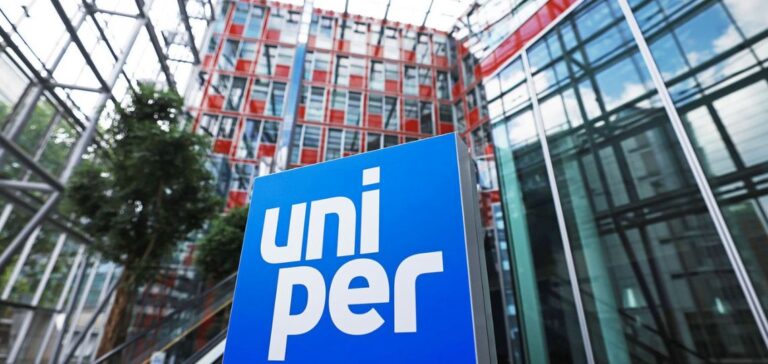The German energy giant Uniper has filed an arbitration case against Gazprom to be compensated for cuts in Russian gas deliveries to Germany via Nord Stream, which have cost it “11.6 billion euros” since June.
“Uniper has initiated arbitration proceedings against Gazprom” at an international arbitration court in Stockholm, Sweden, the German company said, demanding “damages in relation to the volumes not delivered since June”.
The costs caused by the cuts are estimated at “11.6 billion euros” by the company, but could “continue to increase until the end of 2024″.
Uniper has been hit hard by the reduction since June, and then the total end since September, of Russian gas deliveries to Germany via the Nord Stream pipeline, against the backdrop of the war in Ukraine.
The group was the main customer of Russian Gazprom in the country.
In order to meet its contracts, it had to obtain gas on the spot market, where prices exploded during the summer.
“We are claiming recovery of our significant financial damages (…) We have incurred these costs, but they are not our responsibility,” commented Uniper CEO Klaus-Dieter Maubach in a statement.
Gazprom has invoked “force majeure” to stop its deliveries. A justification that Uniper refutes.
The company also announced on Wednesday that it had concluded the sale of its Russian subsidiary Unipro, planned since the summer of 2021, to a “local buyer” in order to “distance itself as much as possible” from its Russian activities.
Uniper, which provided 40% of Germany’s gas supply, has suffered a historic net loss of 40 billion since January as a result of the crisis.
To avoid contagion on the energy markets, the German government decided in September to nationalize the group, bailing it out with a rescue plan of several tens of billions of euros.
This plan must be formally adopted by the group’s general assembly, which is due to meet in an extraordinary session on December 19.






















